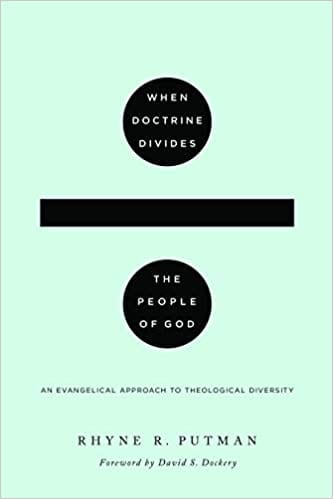BEN: I can’t imagine St. Paul suggesting ‘let your conscience be your guide’ as some moderns do, but it is interesting the way Paul thinks sunedesis works. At a simple level he sees the term as referring to bare awareness or consciousness or things. At a more complex level he sees it as a moral awareness that can either approve or disapprove of certain things. He does not see it as a sort of purely negative hall monitor that wags its finger when we are about to do something bad. No, it can either or approve or disapprove. Now what is clear is that he distinguishes this faculty that all humans have from mere feelings, lusts, inclinations. He sees it as an evaluative faculty deeply concerned about morality and righteousness. This it seems to me is not properly taken into account by secular psychologists like Haidt. Comments?
RHYNE: Absolutely. When modern psychologists talk about “emotions,” they confuse two categories of feeling philosophers and theologians historically made distinctions between: passions and affections. Passions are unbridled, unrestrained, and lead to things like lust, greed, and a craving for power. By contrast, affections are trained and directed by the will, or to use a Pauline phrase, transformed by the renewing of our minds. By employing Haidt, I do not mean to suggest our feelings should play a normative guide in all of our belief formation, but I do mean to show that they often do. A far more helpful guide than Haidt can be found in James K. A. Smith’s You Are What You Love, the popular summary of his Cultural Liturgies trilogy. He follows Augustine in suggesting that we are primarily non-cognitive beings who feel their way through the world rather than coldly reason through it. Yet these feelings or affections we have can be directed and trained through worship and obedience to Christ and his word.













